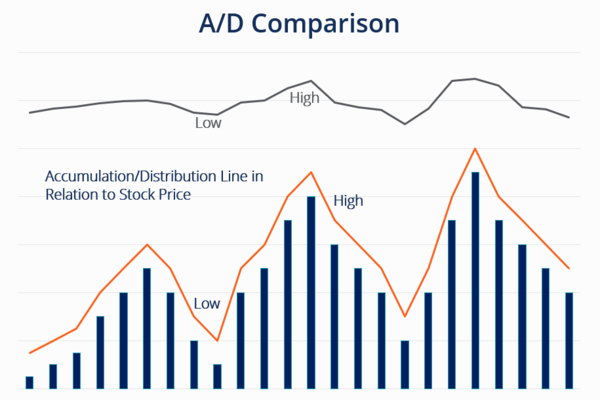Option trading is the right to buy or sell a certain amount of a specific
subject matter at a specific price at a specific time in the future. Therefore,
option trading is a type of right trading.
Stock index options (stock index options) are generated on the basis of stock
index futures. The buyer of the option pays a premium to the seller of the
option to acquire the right to buy or sell a stock index-based subject matter at
a certain price level at a certain time in the future.
After receiving the premium paid by the option buyer, the option seller must
unconditionally fulfill its obligations under the option contract at the time
specified in the contract, as long as the option buyer requests to exercise its
rights. For the option seller, in addition to charging a certain premium to the
option buyer at the time of the transaction, the option contract only stipulates
the obligations that they must fulfill without granting them any rights.
The purpose of stock index options is to provide investors with a flexible
investment tool that can yield returns when the price of a stock index rises or
falls. It has a leverage effect because investors only need to pay option fees
rather than actually buying or selling stock indices.
Investors can use stock index options for various strategies. For example,
they can purchase call options to gain profits when the stock index rises or buy
put options to gain profits when the stock index falls. In addition, they can
also buy both call and put options for strategic speculation or hedging.
Stock index options have many advantages. Firstly, it provides a wider range
of alternative options for investing in bulk stocks, allowing investors to
participate in the entire stock market rather than just individual stocks.
Secondly, it has flexibility and leverage effects, which can generate returns in
different market trends. In addition, stock index options also assist investors
in risk management and hedging operations to reduce the risk of investment
portfolios.
Simply put, stock index options are like a form of "insurance" that provides
investors with a way to protect their investments. For example, if you feel that
the stock market will decline but do not want to sell your stocks, you can
purchase a stock index option contract so that even if the stock market does
decline, your losses will be limited to a certain extent.
The trading process of stock index options is similar to other options, where
investors need to pay a certain option fee first, and then they can choose
whether to execute the contract during its validity period. If the market trend
meets investors' expectations, they can choose to exercise this contract to
obtain returns. If the market trend does not meet expectations, investors can
choose not to execute the contract, and the only loss is the option fee.
Stock index options also carry certain risks. If the price of the stock index
does not reach the exercise price of the option, the option may lose value. In
addition, due to the limited expiration time of options, their time value will
gradually decrease over time, so investors need to closely monitor the changes
in the time value of options.
Disclaimer: This material is for general information purposes only and is not intended as (and should not be considered to be) financial, investment or other advice on which reliance should be placed. No opinion given in the material constitutes a recommendation by EBC or the author that any particular investment, security, transaction or investment strategy is suitable for any specific person.






